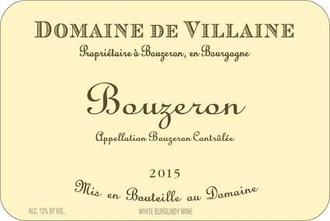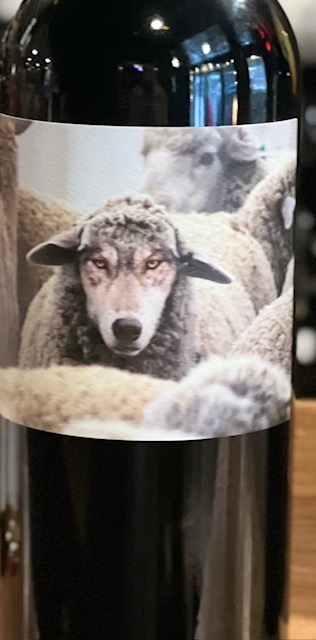Aligoté by g.ellms
Aligoté (al-lay-goat-eh)
For most wine drinkers Burgundy brings to mind two grapes, Pinot Noir and Chardonnay.
There is no doubt this area of France produces some of the most outstanding expressions of these
varietals. They are incredibly delicious, and deserving of their regard. That being said, another
delicious strain of vitis vinifera grows in the shadows of these two mighty grapes. Aligoté is the
often forgotten third jewel of Bourgogne. It is the result of Pinot Noir being crossed with Gouais
Blanc, and shares its origins with several distinguished grapes like Chardonnay. Bourgogne
Aligoté is bone-dry, and rich in minerality. The wines have no real tannins to speak of but offer
searing fresh acidity and hints of saline, which gives them remarkable structure. In the glass they
show pale yellow colors, encircled with tints of gold. Overall making for quite lean wines,
Aligoté packs savory whaffs of citrus fruit flesh, fresh herbs, and secondary notes of smoke and
nuts. The aforementioned acidity, and the medium-high alcohol level (usually 11.5%-13.5%
ABV) finesse the characteristics of Aligoté to drink similarly to other much more expensive and
sought after varietals. When searching for a versatile white wine, that will not overwhelm your
palate or the taste of food,- Aligote is a perfect choice.
Phylloxera wreaked havoc on the European wine industry. The disease spread throughout
the continent in the late 1800’s, and left forever changed vineyards in its wake. Burgundian wine
growers of the time had to rebuild a centuries-old industry from scratch. Because Pinot Noir and
Chardonnay are such renowned and profitable grapes, growers logically allotted them the
majority of vineyard space. Aligoté was passed over, and in some regions even banned during
this reconstruction. Pre-phylloxera, it was common for the vineyards of Burgundy to have rows
of Aligoté amidst the rows of Pinot and Chardonnay. Locals enjoyed Aligoté as an everyday
aperitif, and used the grape as a blending varietal (mostly in Cremant de Bourgogne).
Burgundians also mixed it with black currant liqueur to make a regional cocktail known as “Kir”.
Due to its local appeal, Aligoté was not completely eradicated in post- phylloxera Burgundy, but
the grape was much less prominent.
As years passed, Burgundy’s wine industry started to recover and regain momentum.
With the region still focused in large part on the two flagship grapes, Aligoté received much less
focus. Although, the varietal was awarded the A.O.C. désignation “Bourgogne Aligoté” in 1937,
Aligoté was allocated to the less valued, richer soils of the Saone Valley. South of the Côte de
Beaune, in the Côte Chalonnaise, Aligoté established a home for itself. In 1979, the Bouzeron
appellation’s aptitude for particularly delicious Aligoté earned it the A.O.C. “Aligoté de
Bouzeron” désignation. The growers in this region adopted this lesser known varietal, and
expanded on their techniques for making incredible wines. In 1999, A.O.C. Bouzeron was the
first “Village” quality label for Aligoté, and bottles could now simply read “Bouzeron”.
In modern day Burgundy, Aligoté has had somewhat of a resurgence. Younger
generations of wine growers are embracing Aligoté wholeheartedly; most choosing to grow the
less productive but better quality clone: Dore. A passionate group of Aligoté producers and
drinkers, known as “Les Aligoteurs”, have taken to promoting the grape across Burgundy in
hopes of quelling its removal from the region. Burgundy may be the birthplace of Aligoté, butit’s no longer the only home to the grape. Bulgaria and Romania are growing notable amounts of
Aligoté, along with various other places across the globe. With new enthusiasm and
experimentation, the future of Aligote looks bright. It’s truly one of the most delicious and
unique grapes.
Pairing Suggestions: **Won’t over power soups & salads
Seafood- fish, shellfish, oysters, white clam sauce
Poultry- especially chicken with cream sauce
Pork
Pasta with pesto
Recommendations:
Domaine A&P Villaine 2018 Bouzeron ~$38

Domaine des Moirots 2016 Bouzeron ~$20
Marcel Giraudon 2019 Bourgogne Aligoté ~$18

